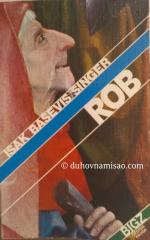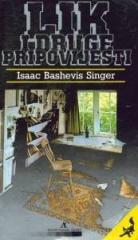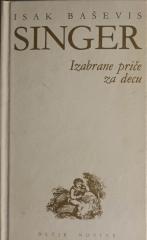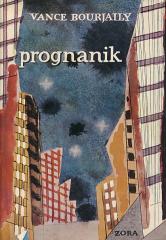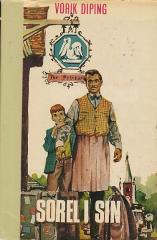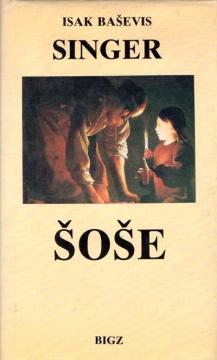
Šoše
„Šoša“ (1978) je intimna i tragična priča smeštena u jevrejskoj zajednici Varšave pre Drugog svetskog rata. Napisan sa toplinom i dubokim humanizmom, roman je dirljiv prikaz izgubljenog sveta i univerzalne potrage za ljubavlju.
Glavni lik, Aron Grajdinger, je mladi pisac i intelektualac koji se bori sa ambicijama, ljubavlju i identitetom u svetu obeleženom siromaštvom i predstojećom katastrofom. Roman je delimično autobiografski, odražavajući Singerovo iskustvo u Poljskoj.
Aron se ponovo povezuje sa svojom prijateljicom iz detinjstva, Šošom, jednostavnom i krhkom devojkom koju je voleo u mladosti. Uprkos vezama sa drugim ženama, uključujući sofisticiranu Seliju i strastvenu Beti, Aron oseća duboku vezanost za Šošu, čija je nevinost i ranjivost u suprotnosti sa njegovim intelektualnim svetom. Njihova ljubavna priča se odvija na pozadini rastućeg antisemitizma i političkih tenzija 1930-ih, dok se nacistička pretnja nadvija nad Poljskom.
Singer majstorski kombinuje humor, nostalgiju i tugu, prikazujući živote varšavskih Jevreja - njihove običaje, verske dileme i borbu za opstanak. Roman istražuje teme ljubavi, žrtvovanja i moralnih izbora u vremenima krize. Šoša, kao simbol čistoće, postaje centar Aronovog emocionalnog sveta, dok kraj nagoveštava tragičnu sudbinu jevrejske zajednice.
One copy is available
